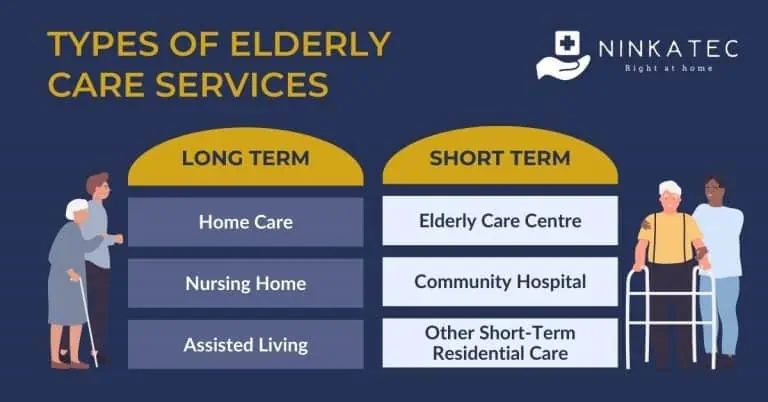Choosing between residential care and assisted living is a significant decision for families. Determining the best option can be challenging.
Comprehending the distinction aids in making this decision. We thoroughly dissect each choice in our guide that compares residential care to assisted living. Our primary focus is on the requirements of your loved ones and the support they can avail.
We assist you in making the best decision for your family, whether it’s for more personalized care or a hint of independence. Continue reading to learn more.
Understanding Residential Care
Residential care refers to long-term accommodation facilities like homes for the elderly. These establishments offer round-the-clock support services for seniors who might require help with everyday activities. The personnel in such environments are equipped with the necessary training to assist in personal care tasks, including bathing and grooming.
What Is Assisted Living?
Assisted living is similar to residential care but often offers more independence. In assisted living facilities, seniors usually have their own rooms and can decide when they want help. Services typically include support with medications, meal preparation, and transportation.
Evaluating Care Options
Families should assess specific care needs when choosing between residential care and assisted living. The degree of assistance required should be taken into account. Residential care, which provides 24/7 assistance, might be more beneficial for seniors with complicated medical needs.
Conversely, if an elder is largely self-sufficient and only requires assistance with a few daily activities, they may be better suited to assisted living. Recognizing the specific needs of your loved ones is key in making the right selection. It’s crucial to have open and honest family discussions during this decision-making period.
Cost Considerations
Another significant consideration when evaluating care options is cost. Due to the extensive supervision and support services they offer, residential care facilities usually come with a higher price tag. Therefore, financial planning for care is a crucial aspect of the family’s decision-making process.
Assisted living can be a more cost-effective option. Nevertheless, prices can fluctuate based on the services provided and extra facilities included in the living setup. Therefore, it’s crucial to evaluate your financial situation and explore various alternatives that may be suitable for your family.
Involving Your Loved One
It’s essential to involve the senior family member in the decision-making process. Discussing preferences and comfort levels openly can foster a sense of respect for everyone involved. Their insights should be taken into account when choosing between residential care and assisted living.
Listening to their concerns and priorities will ensure their needs are met. It can also help them feel a sense of control during a significant life change. For families in the Kendallville area, it’s helpful to explore this senior living option in Kendallville, IN. There are many options, and finding one that feels like home for your loved one is essential.
Making the Final Choice: Residential Care vs Assisted Living
The choice between residential care and assisted living hinges on individual necessities. Residential care provides comprehensive support for those with advanced needs, while assisted living allows for more independence. It’s important to take into account the elderly individual’s medical needs and personal preferences.
The importance of budgeting cannot be overstated, given the variable nature of costs. Open communication between family members during the decision-making process is essential. By involving your loved ones, their needs are given priority. Ultimately, the correct choice guarantees safety, happiness, and a high quality of life for your loved one.
Did this article assist you? Explore more of our blogs.
When to Consider Residential Care vs Assisted Living: A Family Decision Guide – Techydaily






